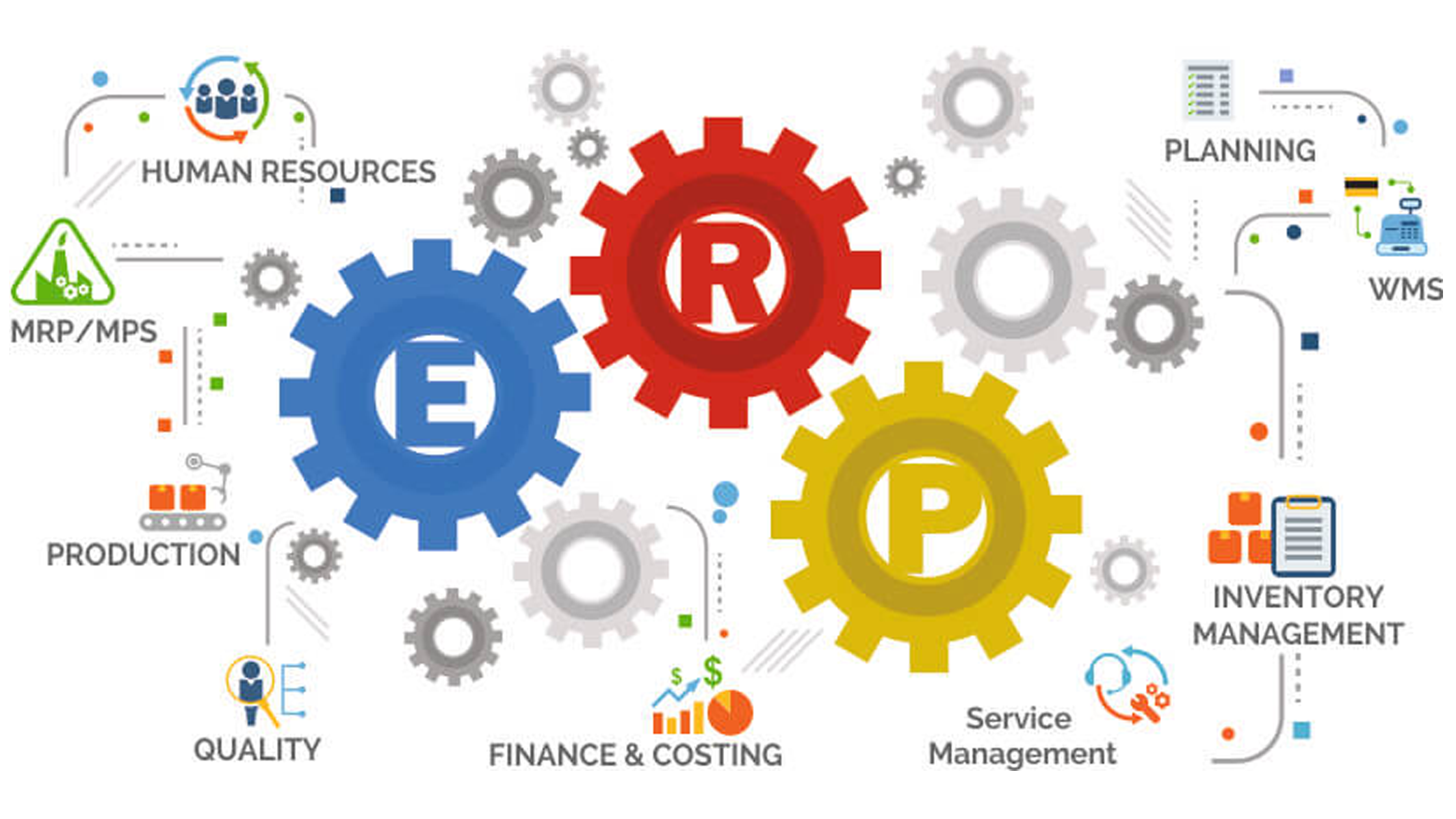
ERP software plays a crucial role in the Pharmaceutical industry by streamlining operations, enhancing regulatory compliance, and ensuring product quality and safety. With the intricate regulatory landscape governing pharmaceutical manufacturing and distribution, ERP systems provide the necessary tools to navigate compliance requirements efficiently. Additionally, ERP software enables effective inventory management, batch tracking, and traceability, minimizing risks associated with product recalls and quality issues. Ultimately, ERP solutions empower pharmaceutical companies to optimize their supply chains, improve operational efficiency, and maintain the highest standards of quality and compliance in a highly regulated industry.
ERP Challenges for Pharmaceutical :
Implementing Enterprise Resource Planning (ERP) systems in the Pharmaceutical industry presents unique challenges due to the sector's specific requirements, stringent regulatory compliance, and complex manufacturing processes. Overcoming these challenges is essential for ensuring product quality, regulatory compliance, and supply chain efficiency. Key challenges include :
Regulatory Compliance :
Pharmaceutical companies are subject to strict regulations and quality standards enforced by regulatory authorities such as the FDA (Food and Drug Administration) and EMA (European Medicines Agency). ERP systems must facilitate compliance with regulatory requirements, including Good Manufacturing Practices (GMP), documentation standards, and product labeling, to ensure product safety and regulatory approval.
Product Lifecycle Management :
Managing the entire lifecycle of pharmaceutical products, from research and development to manufacturing and distribution, requires comprehensive product lifecycle management (PLM) capabilities within ERP systems. Ensuring accurate product data management, version control, and regulatory documentation is essential for compliance and product traceability.
Batch Manufacturing and Serialization :
Pharmaceutical manufacturing involves batch processing and serialization to ensure product traceability, quality control, and counterfeit prevention. ERP systems should support batch manufacturing functionalities, including batch scheduling, material tracking, and batch genealogy, to optimize production efficiency and compliance with serialization regulations.
Quality Control and Assurance :
Maintaining product quality and ensuring compliance with quality standards is paramount in the Pharmaceutical industry. ERP systems should facilitate quality control processes, including batch testing, product release, deviation management, and CAPA (Corrective and Preventive Action) workflows, to uphold product quality standards and regulatory compliance.
Supply Chain Visibility :
Pharmaceutical supply chains are highly complex, involving multiple stakeholders, including raw material suppliers, contract manufacturers, distributors, and pharmacies. Ensuring supply chain visibility and transparency is crucial for managing inventory, minimizing stockouts, and optimizing distribution processes. ERP systems should provide real-time visibility into supply chain operations, including inventory levels, order status, and shipment tracking, to enhance supply chain efficiency and responsiveness.
Research and Development Management :
Managing research and development (R&D) projects, including drug discovery, clinical trials, and regulatory submissions, requires specialized project management functionalities within ERP systems. Supporting collaboration between R&D teams, tracking project milestones, and managing regulatory documentation are essential for accelerating product development timelines and bringing new drugs to market faster.
Data Security and Intellectual Property Protection :
Protecting sensitive pharmaceutical data, including intellectual property, research findings, and patient information, from cyber threats and unauthorized access is critical. ERP systems should incorporate robust data security measures, encryption protocols, and access controls to safeguard confidential information and comply with data privacy regulations.
Pharmaceutical ERP systems help ensure compliance with industry regulations such as FDA (Food and Drug Administration) guidelines and Good Manufacturing Practices (GMP). This feature helps pharmaceutical companies avoid regulatory penalties and maintain product quality and safety.
Effective inventory management is critical in the pharmaceutical industry to minimize stockouts, reduce waste, and ensure timely availability of products. ERP systems streamline inventory tracking, manage expiry dates, and optimize stock levels, leading to cost savings and improved customer satisfaction.
Pharmaceutical ERP software enables precise tracking and tracing of batches throughout the manufacturing, distribution, and sales processes. This feature enhances product safety by facilitating quick recalls in case of quality issues, minimizing the impact on consumers and protecting the company's reputation.
Maintaining product quality is paramount in the pharmaceutical sector. ERP systems incorporate robust quality control and assurance modules to monitor production processes, perform quality tests, and enforce compliance with quality standards. This ensures that pharmaceutical products meet stringent quality requirements, fostering trust among consumers and regulatory agencies.
A Pharmaceutical ERP system integrates various functions across the supply chain, including procurement, manufacturing, distribution, and sales. By providing real-time visibility into supply chain activities, ERP software enhances collaboration with suppliers, distributors, and partners, optimizing inventory levels, reducing lead times, and minimizing supply chain risks.
Pharmaceutical ERP solutions offer advanced analytics and reporting capabilities to leverage data for informed decision-making. By generating insights into production efficiency, sales trends, and regulatory compliance, ERP systems empower pharmaceutical companies to identify opportunities for improvement, enhance operational efficiency, and drive business growth.